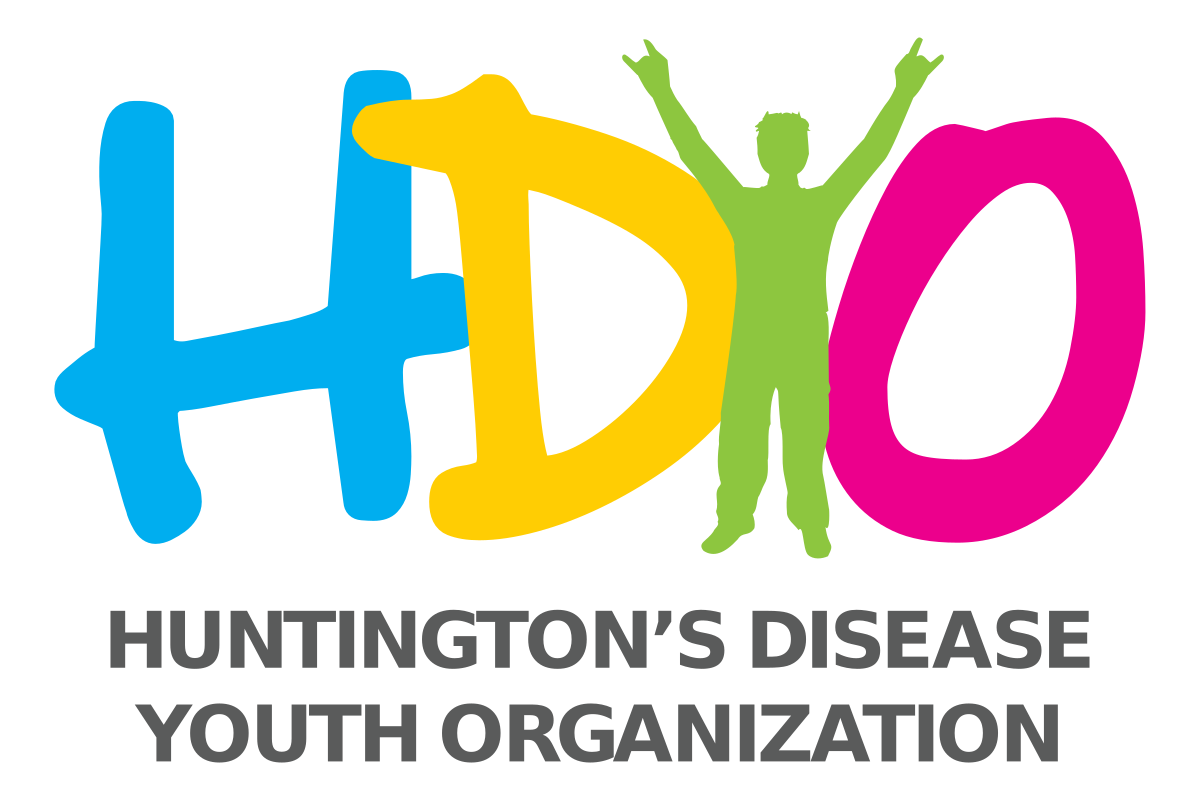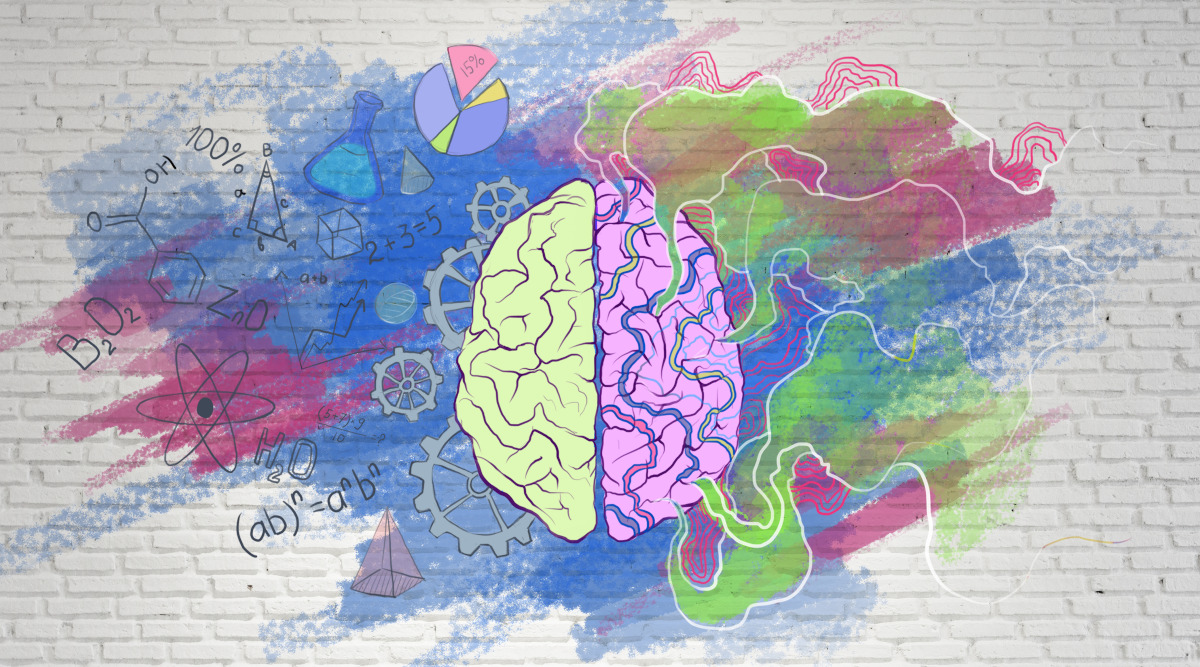Being a Partner to a Young Person Impacted by HD
November 24, 2021

HDYO has more information about HD available for young people, parents and professionals on our site:
www.hdyo.org
What’s it like to be a partner to a young person impacted by Huntington’s disease (HD)? What challenges do you face as a partner? How can you help your partner on their journey with the impact of HD? These are some of the questions we will aim to explore in this section.

HD is a condition which can impact significantly on the whole family. A person stepping into the partner role with someone in a family affected by HD will have to be understanding and supportive. We’ll start where a relationship usually starts… at the beginning.
Beginning a new relationship with a young person impacted by HD
New relationships can be exciting times with plenty of dates and that wonderful period of getting to know each other for the first time. It’s a great time, especially when you may feel you’ve found someone who is a special person and makes you very happy. Perhaps you both feel this could be the makings of a long-term relationship. However, if this person is in a family with HD, at this stage in the relationship they are probably thinking “how do I tell them that my family has HD?” and “When is the right time to tell my partner about HD?”. These are questions that will have been in their mind as soon as they felt this may be a serious relationship. There’s no perfect formula for when to tell a partner about HD but we advocate doing this before a relationship gets serious. Telling you about HD is likely to be a really scary step for your partner to make, but also it is a sign of how much they like you if they want you to be aware of the impact of HD on their life.
When a person first learns that their partner has HD in the family, the chances are they will have never heard of the condition before. What to do? Well, don’t make any rash decisions, the next logical step is to find out what HD is and do some learning. Get an understanding of exactly what your partner has told you. HDYO has loads of information on the basics of HD and how the expanded gene that causes HD works. Once you have an understanding of the condition you will be able to make sense of things and decide whether this is a road you are happy to go down with your partner. It’s a significant moment near the very beginning of a relationship. In most scenarios there is no huge reason for concern to learn that your partner has HD in their family. It may seem huge because you suddenly see this potentially damaging impact from HD on your lives together, but so can any other condition or incident. Life throws many challenges our way over the years, HD is just one of many.

If you decide to continue in your relationship, it may be helpful to get past the basics and become even more knowledgeable on HD. A person can really help their partner by educating themselves about HD, understanding the condition and learning how it affects not just the person that has it, but the whole dynamics of a family. Huntington’s disease is not an easy condition to understand, the impact on the family is complex at times, and this is where doing your research pays off. Once a partner understands aspects of the disease then they can use their knowledge to provide support, listen to their partner’s concerns and try to calm any fears they have in the future. You don’t have to learn about HD, but gaining this knowledge will put you in a really strong and understanding position when your partner needs your support later on with any of the challenges that HD can provide. Plus, it shows your partner that you want to be there for them. We (HDYO) have some excellent content to learn about HD and how it impacts young people through growing up in a family with HD, being at risk, young carers, testing, loss & grief etc. However, reading about HD will only get you so far, because you can’t be an expert on HD unless you’ve met people who have the symptoms of HD and experienced that for yourself.
Meeting the family
The next step as a partner in a relationship is often to meet each other’s families. For many young people in HD families they may be quite nervous or hesitant, they may even want to delay you seeing their family, all due to you potentially witnessing HD, because that’s when things become very real. If someone in the family does have HD it’s important to be somewhat prepared for this meeting so that you can cope with seeing someone with HD. If you’ve never seen the symptoms of HD previously then it can be a shock that takes a little getting used to. The main thing is to speak with your partner about what to expect, what kind of symptoms does the person have? How do they behave? Are they able to communicate effectively (because speech does become a problem)? You may even want to watch some videos of people with symptoms of HD to familiarise yourself with them, everyone has different symptoms to some degree so this won’t replicate the scenario for you but it will help prepare you. Another important thing to discuss with your partner is the family dynamics. HD has been, and unfortunately usually still is, a stigmatised condition and this can mean families have different views on how to deal with HD in their lives. Some members of the family may not want to discuss it, others may be happy to. Your partner can fill you in on these little details. All of these things will help you as you enter this situation for the first time, you will feel more prepared as a result. Hopefully meeting the family is a positive experience for you in general!
Keep those channels open
As your relationship progresses and time goes on, perhaps the most important advice for a partner and for the both of you as a couple is to keep the communication channels open. Talk about HD to each other. If your partner has made that step to tell you about HD impacting their life then they have done so because they want to be open about this and want you to feel like you can ask questions about HD, you can speak to me about this. Having open dialogue about HD is so powerful in helping both of you to deal with the impact of HD in your lives together.
Being supportive

As time passes, you may see that your partner is being impacted by HD in some manner. By that we don’t necessarily mean having symptoms, but other things such as feeling stressed because of current challenges with HD in the family, maybe your partner is a caregiver for a relative and that is taking its toll on them, maybe they are concerned about their risk, thinking about testing, trying to cope with the loss of a family member. There’s a whole range of ways that HD can impact on someone without directly having HD themselves. These are the times where your knowledge of HD and having an open dialogue will certainly enable you to be supportive of their situation, talk it through with them and offer to help if able to. Your partner may not be aware of the impact something connected to HD is having on them so sitting down with them and discussing what you think is happening and what you’ve noticed should be helpful for you both to keep moving forwards positively.
Becoming a serious long-term relationship
Eventually, you and your partner get to a point where you are in a serious long-term relationship, or are heading in that direction. With a serious relationship come new decisions and dilemmas to discuss and agree upon as a couple. First, a serious relationship usually means that the words ‘marriage’ and ‘children’ are being mentioned, maybe by you, your partner or by family and friends. With HD there can be an additional topic to discuss as well: genetic testing. All of these will require discussion and understanding of each other in order to move forwards in the same direction. Let’s take a closer look at these topics from the perspective of you as a partner of someone impacted by HD.
Marriage

Getting married is often a wonderful milestone in a person’s life and an amazing moment in your journey together as a couple. However, it’s not without its challenges when HD is concerned. You will have your own thoughts about marriage and if it is right for you. A person impacted by HD, usually someone at risk or who has tested positive for HD (meaning they know they will get HD eventually), may have concerns around getting married. Those concerns usually focus around not wanting you, their partner, to become a carer for them in later life, or feeling guilty that you want to marry them and they may get HD at some point in the future. The words ‘in sickness and in health’ may be very much on the mind of someone impacted by HD, because they know there’s a chance they will be sick. As a partner you may need to be the one to lead on this discussion, let them know that you understand their concerns and that you want to be with them (assuming that you do). You may even have to do the proposing.
‘As much as I loved my partner, I could not bring myself to ask for her hand in marriage. I could not ask her to take on such a potential burden, I loved her too much. In the end my partner asked ME to marry her and although I still felt guilty, I allowed myself that happiness and said yes.’ Craig
Genetic Testing
The HD status of your partner can be a significant aspect to your relationship. Each couple will be different, some of you may have a partner who has already tested positive or negative, while many of you may have a partner who is at risk of inheriting HD from their parent. The HD status of your partner is likely going to impact their life decisions and will almost certainly influence decisions on having children. Deciding whether to test or not is one of the biggest decisions someone at risk can make, it’s not an easy choice, there is no right answer, it’s purely individual choice. What happens when that individual is in a serious relationship then? Well, it is still 100% their choice to make, as a partner you don’t have the right to make this decision for your partner because ultimately they have to live with the decision. But obviously the results of a test would impact on you as a partner too and because of this it’s recommended that any decision on testing be done with the partner’s understanding and support. However, be careful not to go from offering advice and support, to putting pressure on your partner to get tested. Remember, it’s your partner’s decision ultimately and it is recommended you remain non-judgemental of their decisions regarding testing.
If your partner does decide to get tested then they will certainly need your support throughout that process, which can be quite long and emotionally challenging. It can feel like such life changing news to receive those results, either way, and your unwavering support and understanding would be so encouraging and supportive for your partner during this time. Keep the communication channels open throughout, ask how they are doing, be there for them and look after yourself during this time too. Learn more about genetic testing here.
Having children

Having children is one of the hottest topics in a family with HD. There are a number of options when it comes to having children, some of which can avoid the risk of HD being passed down to your children. A lot will depend on your partner’s HD status. Have they tested positive? Still at risk? Or perhaps tested negative? The answer to those questions will likely heavily influence their thoughts on having children. Another influence will be growing up in a family with HD, some people find this quite difficult and don’t want to raise kids in this environment. For those that do want children, the best advice is that as a couple you need to agree on the most appropriate option for having children. The best choice for you both, one you can both agree on and respect each other’s opinions. Unlike testing, this is a decision for you both to make as a couple. Explore what options are available for having children and talk about those options together, you will soon come to an understanding of each other’s views on this topic. Again, look to be understanding of your partner’s opinions but debate on this subject is required sometimes to come to a final decision.
Facing HD together
Throughout your time together as a couple, HD will impact your lives in some manner. When it does the main thing is to face HD together. Be supportive for each other and be proactive against HD. If that means attending support group meetings, events, conferences or doing fundraisers together, taking a positive approach against HD as a partner and together as a couple will ensure you have a strong relationship despite HD. If you’ve read all this and you’re thinking, this seems tough, life always throws obstacles no matter who you’re with, so if you love your partner, be together and be there for each other through your life challenges. That’s what a relationship is all about.
Support
We hope you’ve found this useful for you as a partner to a young person impacted by HD. Please remember to look after yourself, without doing that you can’t be there to help your partner. So first and foremost, look after yourself. We are here just as much for you as we are for your partner. Don’t hesitate to contact us if you need to talk or want some advice.



